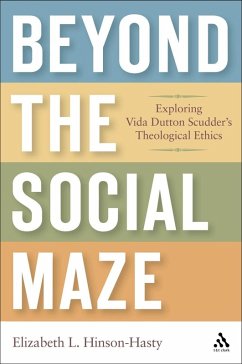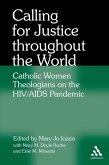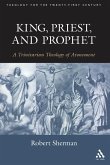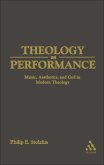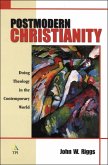Beyond the Social Maze is the first thoroughgoing exploration of Vita Dutton Scudder's theological ethics. She taught at Wellesley College for more than forty years and chartered new territories in both theoretical and practical aspects of movements for social reform. She was deeply concerned about the role that Christians should play in alleviating social distress, and she considered herself part of a broad coalition of enlightened Protestants who directed the attention of churches toward their moral obligation to mitigate the hardship of the working class. Societal restrictions prevented Scudder from considering a professional career as a priest or seminary professor; nonetheless, a highly developed theological vision inspired her passion for social reform, socialist causes, and commitment to and involvement in the church. Historians and theologians have paid too little attention to the theological vision that fueled Scudder's social ethics. Hinson-Hasty remedies that. She demonstrates the ways that Scudder brought a distinctive perspective to bear on the social gospel project. Her theological perspective differed from that of Walter Rauschenbusch, the most famous proponent of the movement. Like him, she aimed to rally Christian energies to work toward transforming society in light of a commitment to the Kingdom of God. However, unlike Rauschenbusch, who emphasized the teaching of Jesus and the prophets, an explicit trinitarian emphasis informed Scudder's understanding of the Kingdom and her social outlook. She appealed to Divine Society as a model for justice and equality in her own context. Her distinctive vision integrated her Anglican theological convictions with an impulse toward practical reform.

